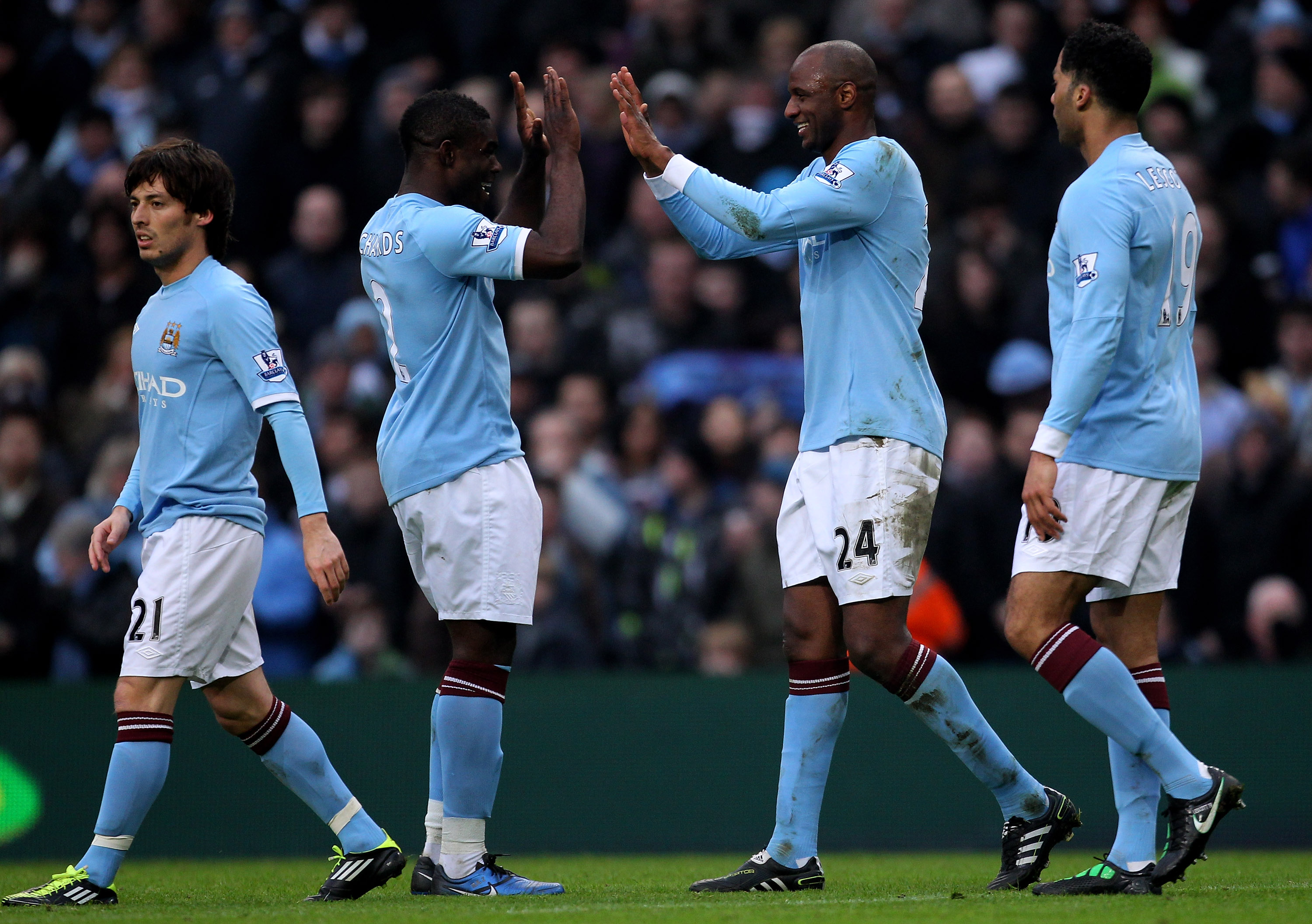He was a trailblazer as the first African footballer to really succeed in the Premier League. Now Patrick Vieira is creating opportunities for others to follow in his footsteps.
The Senegalese-born player who helped France win the World Cup in 1998, was one of the first big African players to make his name in England, as an inspirational midfielder and then captain of Arsenal during a golden-era for the club.

In nine years with the Gunners, Vieira won three Premier League titles and the FA Cup four times, and led the so-called Invincibles who went through the 2003-04 season unbeaten in the league.
Then after a successful spell winning Italy’s Serie A title three times with Internazionale of Milan, Vieira returned to England with Manchester City to finish his career as a player and embark on another as a coach and now manager of New York City in America’s Major League Soccer.
But all the time Vieira has put club loyalties to one side to encourage and develop young players from Senegal and help them thrive in Europe. Born in Dakar, he left Senegal at the age of eight and did not return for almost 20 years. But when he did, he set up a football academy in Saly called Diambars, which has not only developed young players but has a thriving team in the Senegalese league.
‘The talent in Africa, and especially Senegal, is unbelievable.’
One of the most prominent graduates is Pape Souaré, who moved to Crystal Palace just over a year ago from Lille, where he had come through the French club’s youth ranks. But his beginnings were at Diambars, a source of great pride for Vieira.

‘The talent in Africa, and especially Senegal, is unbelievable,’ says Vieira. ‘I am really pleased for him (Souaré) because he has talent and I’m pleased to see him express it in the Premier League.’
But Vieira knows young players can only achieve so much in Africa because the continent cannot match Europe for the facilities and infrastructure to develop players into elite footballers.
‘There is massive talent in Africa but the big difference is a lack of structure and lack of coaches to develop young players. That’s why one of the options for them is to come at an early age to Europe, so they can develop themselves.’
He was still a teenager when Italian giants Juventus signed him.
Vieira knows the path well, having grown up in France and come through the youth academy at Cannes. He was still a teenager when Italian giants Juventus signed him but the move did not work out and Arsène Wenger came to the rescue, taking the then unknown youngster to Arsenal, where he formed a formidable partnership in midfield with Emmanuel Petit.
A combative player, Vieira had a difficult time adjusting to the disciplinary demands of English football at first, and was noted for red and yellow cards and his infamous feud with Manchester United’s equally explosive captain Roy Keane.
But in time Vieira matured into one of the great players of the Premier League and loves England. ‘This is where everything started for me, the country where I played my best football. I enjoyed living and playing here, and I am really proud of that.’

But the United States is home now, as he embarks on a career in management that he did not envisage when he hung up his boots in 2011. Manchester City gave him an ambassadorial role, looking at all aspects of the club and it was only the insistence of Director of Football Brian Marwood that persuaded Vieira to consider coaching. ‘I had no thoughts about it at all, and Brian kept saying I should give it a go, but I kept turning him down, saying I wanted to spend more time with my family after 20 years as a player,’ Vieira explained.
He cannot hide his desire to manage in the Premier League.
‘But then I started spending more time with the academy, really enjoying it and progressed to the under-21 side as I did my badges, and fell in love with coaching. I am grateful that Brian spotted something in me and gave me this chance.’
When an opportunity cropped up at New York City, the MLS franchise owned by the Manchester City group, Vieira jumped at it, although he admits it is a step into the unknown. ‘Of course, but it is a really big and interesting job.’ Beyond that, he cannot hide his desire to manage in the Premier League. ‘That is what every manager would want because of the competitiveness between the clubs. But at the moment my focus is on New York City.’
And how far can he go in management? Petit is in no doubt. ‘I wish Patrick all the best and I believe he will be the first black manager to win the Champions League,’ said his fellow World Cup winner.
And who would bet against Patrick Vieira the trailblazer setting a new milestone?
